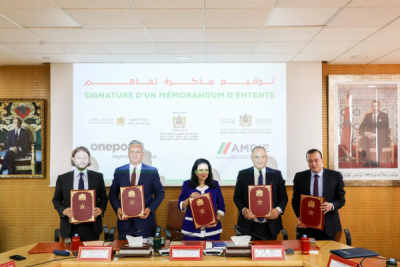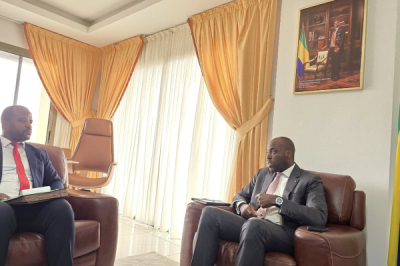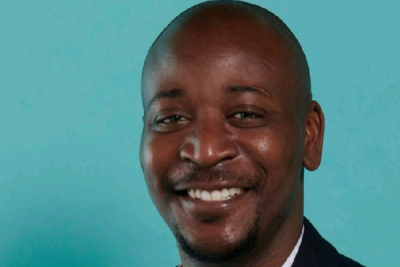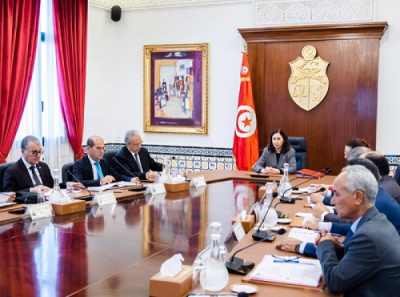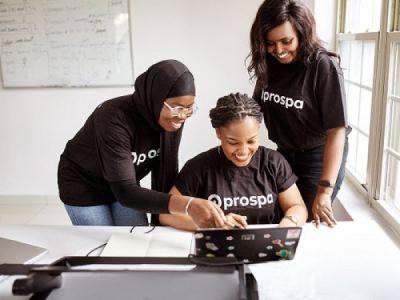AI tools are often built without African data or languages in mind. Google’s investments ensure Africa’s languages, cultures, and contexts are represented in the digital world. This reduces reliance on foreign tech systems and allows Africans to build for Africans — on their terms.
Google has announced a $37 million commitment to strengthen research, education, infrastructure, and innovation across the continent. The announcement was made on Thursday, July 24, in Accra, Ghana, where the tech giant unveiled a series of new and previously unannounced initiatives to bolster Africa’s role in shaping the future of AI.
“With a young, fast-growing population and a culture of creative problem-solving, Africa brings essential perspectives to a technology that is rapidly reshaping the world. As AI continues to evolve, it is critical that African researchers, like our Google Research teams in Kenya and Ghana, developers, and organizations are equipped to lead,” said Google in a statement.
At the heart of the announcement was the launch of the AI Community Center in Accra, envisioned as a hub for learning, experimentation, and interdisciplinary collaboration. The facility will host technical workshops, research exchanges, and community events to empower students, developers, artists, and civil society actors to explore how AI can solve locally relevant challenges — from food security to language inclusion and healthcare delivery.
Among the flagship initiatives is $25 million from Google toward the AI Collaborative: Food Security, a program that will support African researchers and nonprofits developing AI tools to forecast hunger, boost crop resilience, and provide actionable insights to smallholder farmers.
To ensure linguistic diversity in AI, Google has committed $3 million to support the Masakhane African Languages AI Hub, which is building datasets, translation models, and voice technologies for more than 40 African languages — an effort aimed at digital inclusion for historically underrepresented communities.
To further deepen Africa’s research capabilities, Google has awarded $1 million grants each to two leading academic institutions: the African Institute for Data Science and Artificial Intelligence (AfriDSAI) at the University of Pretoria and the Wits MIND Institute in Johannesburg. These funds will support graduate students and postdoctoral researchers contributing to globally relevant AI advancements from an African base.
Recognizing the need for widespread upskilling, Google is expanding its Grow with Google digital education initiative. With an additional $7 million investment, the company will roll out AI skilling and safety programs in Ghana, Kenya, Nigeria, and South Africa, delivered in collaboration with academic and nonprofit partners. Topics will include AI fundamentals, cybersecurity, and online safety.
In Ghana, 100,000 Google Career Certificate scholarships are being offered to students in higher education institutions. These self-paced programs will cover AI Essentials, Prompting, Data Analytics, IT Support, and Cybersecurity — equipping young Africans with in-demand technical skills for the evolving job market.
With Africa’s startup ecosystem gaining momentum, Google is also introducing a new fund initiative targeting over 100 AI-powered startups. This support model will combine philanthropic capital, venture funding, and technical mentorship to help scale innovations tackling African challenges in healthcare, education, and agriculture.
Africa is fast emerging as a frontier for applied AI innovation. With its young, tech-savvy population, growing digital infrastructure, and pressing development challenges, the continent is uniquely positioned to shape AI that serves real-world needs.
Yet despite growing interest, Africa still lags in global AI development. According to the Oxford Insights Government AI Readiness Index (2022), Sub-Saharan Africa scored an average of 29.4, significantly below the global average of 44.6. The index measures a government’s ability to implement AI responsibly and effectively, based on factors like digital infrastructure, human capital, and public sector innovation capacity. This stark gap reflects the need for sustained investment in infrastructure, skills, and policy to ensure African countries can fully participate in and shape the future of AI. Without intentional support, the region risks being excluded from setting the global AI agenda, further widening the digital divide — a gap Google’s investments aim to bridge.
Google’s $37M investment is a strategic bet on building Africa’s AI infrastructure from within, enabling Africans to become creators, not just consumers of the next wave of global technology.
Hikmatu Bilali







